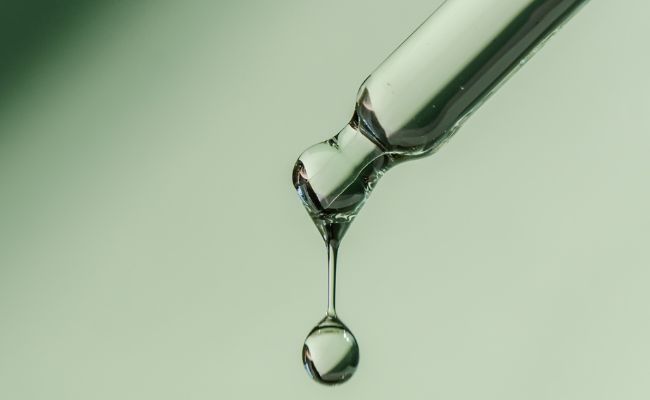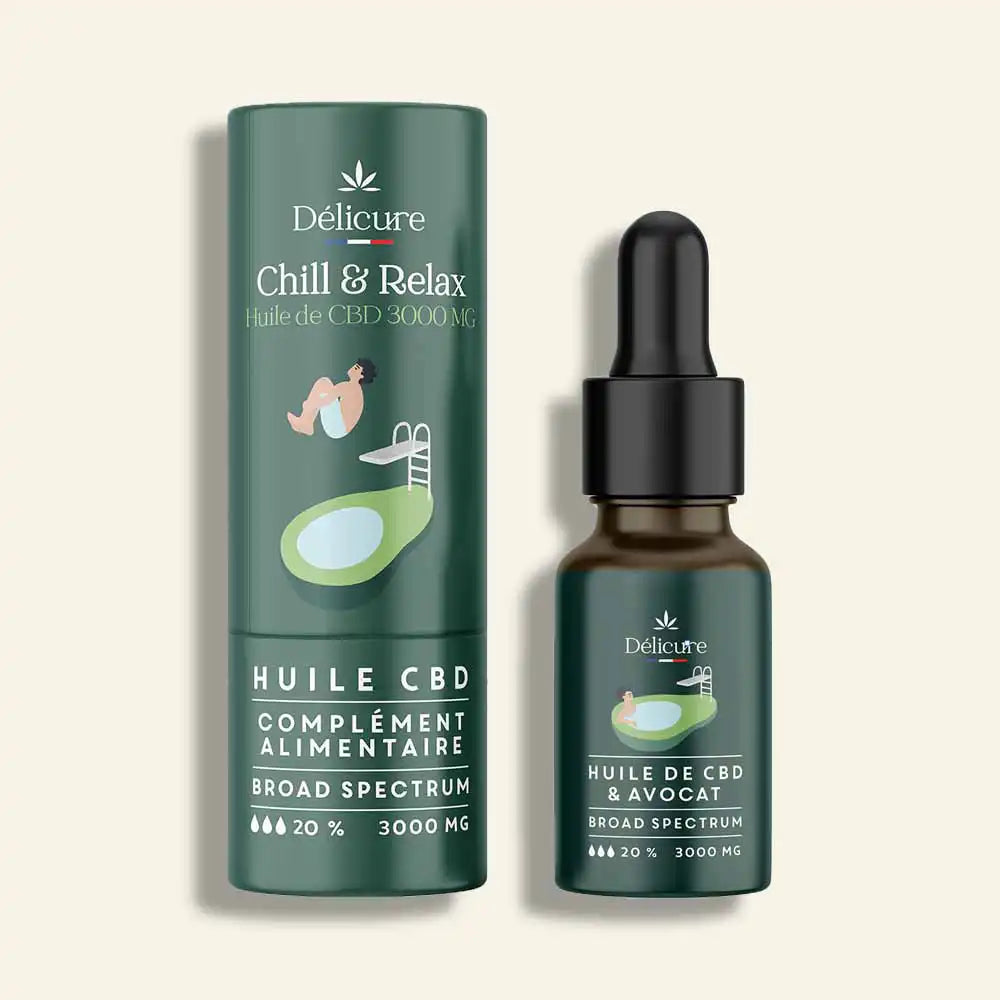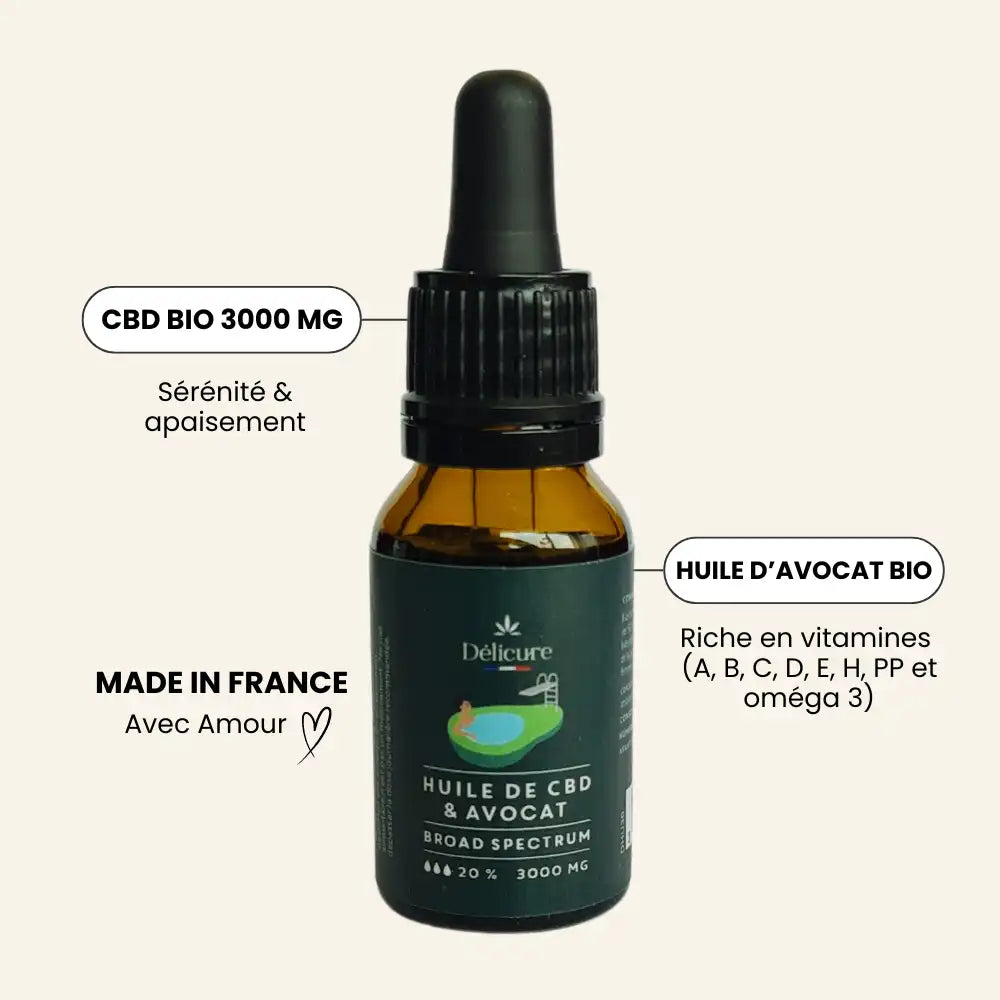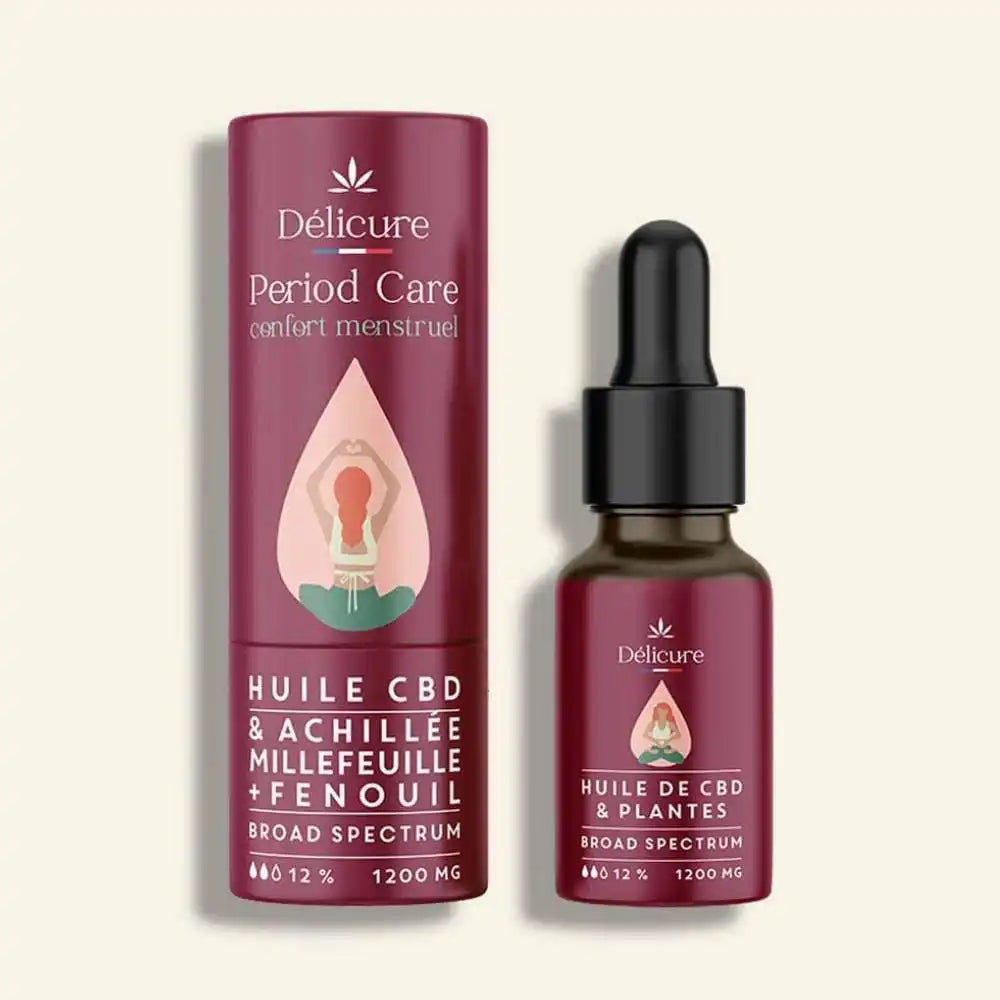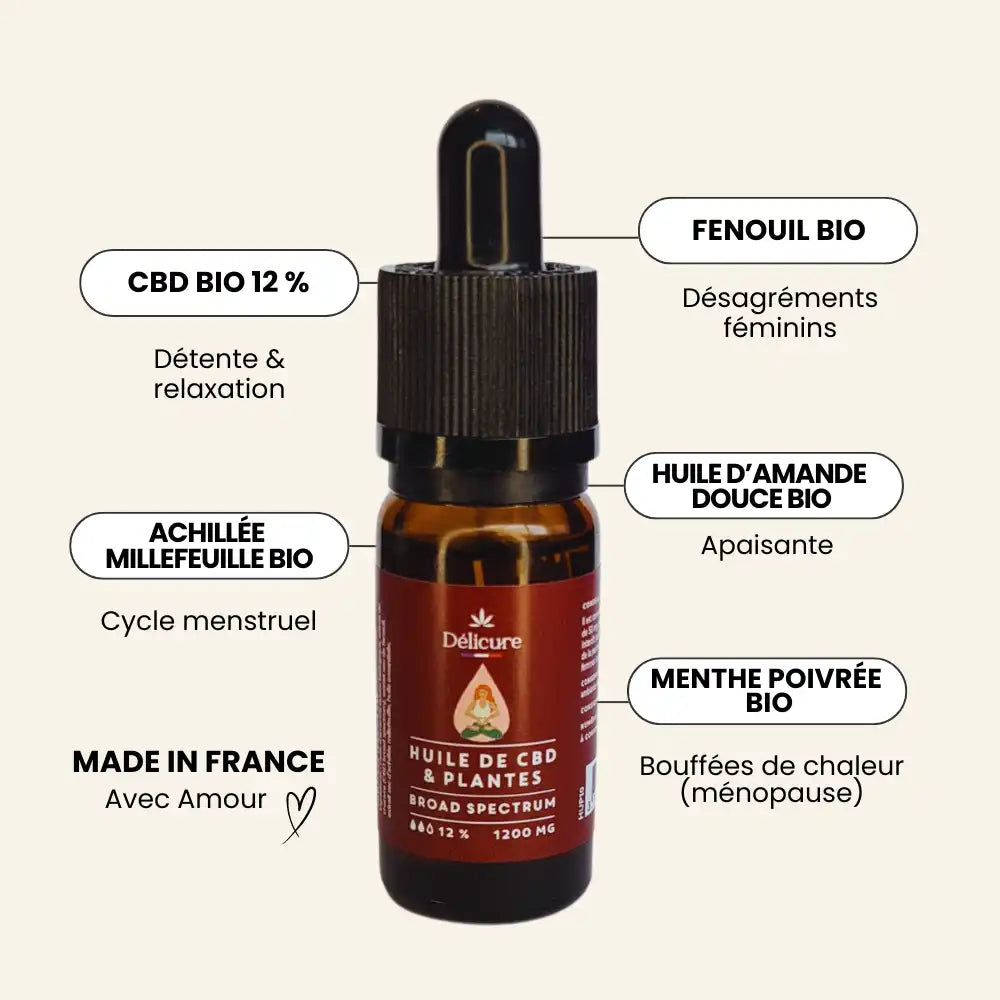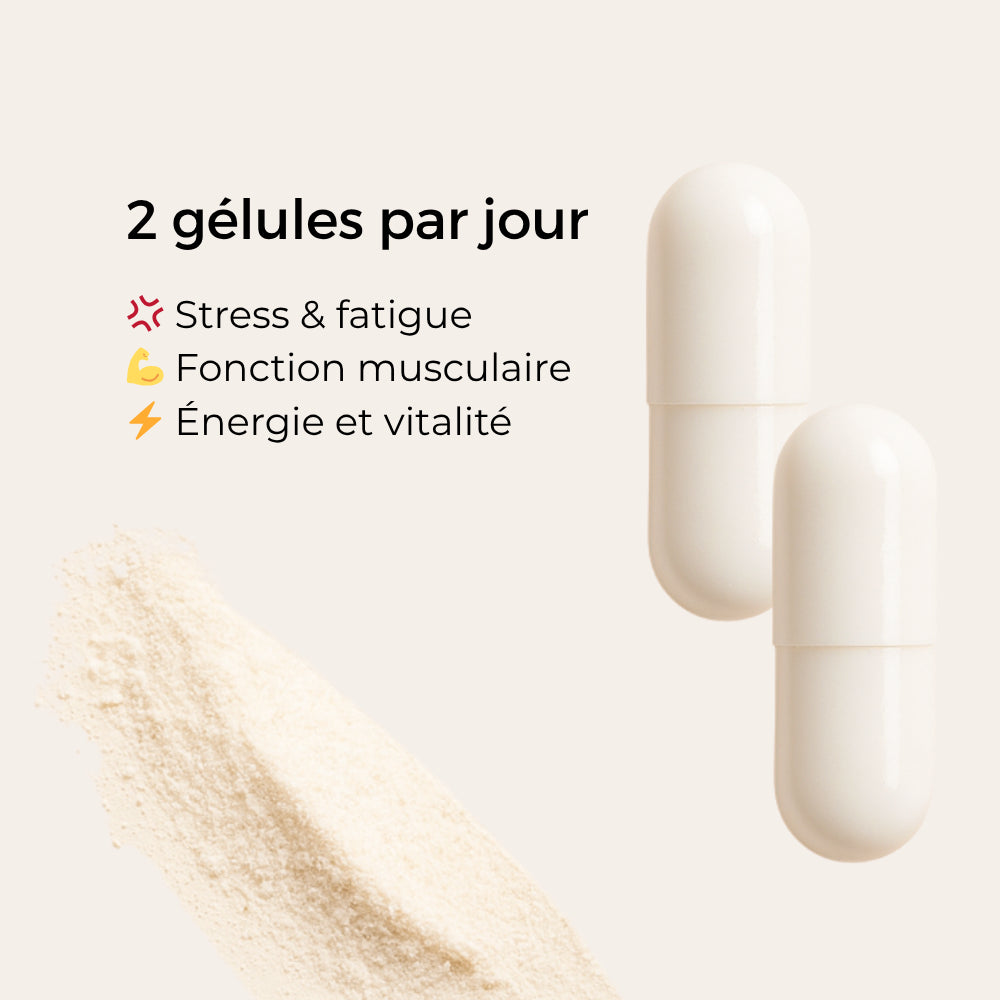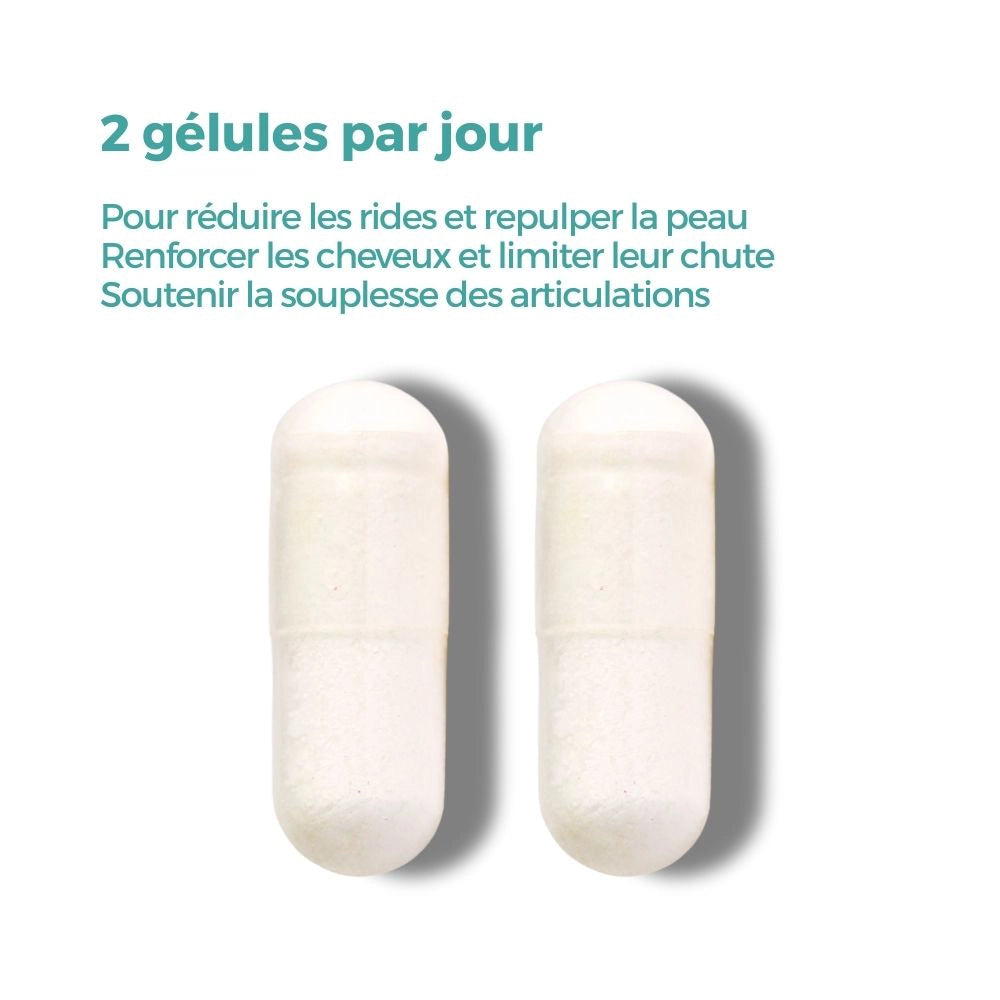
The benefits of sleep on the skin
Sleep and health are closely linked. Indeed, sleep is essential for the recovery of all the organs in the human body.
The skin, like the rest of the body, needs to rest to ensure proper functioning and optimal performance.
Lack of sleep is easily visible on the face. You don't look the same after sleeping in as you do after a sleepless night. It's therefore essential to get enough sleep each day to allow your skin to regenerate properly.
The skin's day-night cycle
The skin performs different functions throughout the day; this is known as " cutaneous chronobiology." This science of skin cycles allows us to identify and understand its biological clock, as well as its various needs.
Over a 24-hour period, there are 4 main phases of activity in the epidermis:
- Waking up: at this time, the skin needs water and is sensitive to aggressions. It must therefore be hydrated before starting the day.
- Day: the skin's hydration level gradually increases, until it secretes a significant amount of sebum during the early afternoon.
- Evening: At the end of the day, the epidermis has accumulated a large number of pollutants and needs to be cleansed and detoxified. Its melanin levels and repair capacity gradually increase.
- Night: During sleep, the skin enters the "repair" process. Freed from external aggressions suffered during the day, it regenerates during the night.
How does the skin regenerate overnight?
During sleep, the skin loses its barrier function. Its pores dilate, which activates microcirculation in the epidermis. This increased blood flow leads to greater oxygenation and nourishment of the skin, allowing it to carry out its detoxification function.
Furthermore, during the night, the epidermis renews itself and creates three times more new cells than during the day.
The benefits of sleep for the skin
Quality sleep allows the skin to regenerate properly:
- Accelerated microcirculation prevents the appearance of dark circles and promotes lymphatic drainage of the face, resulting in a healthy glow.
- When at rest, the skin produces more collagen And Elastin. These are two proteins that give it flexibility and elasticity.
- It's important to know that skin is more receptive to skincare products during the night because its pores are more dilated. Therefore, it's essential to have a good beauty routine in the evening before bed.
In addition to getting enough sleep, you need to follow a few tips to maintain beautiful skin.
The effects of lack of sleep on the skin
A lack of sleep can easily be seen on a face with the appearance of dark circles, blemishes, a dull complexion or redness.
When a person doesn't get enough sleep, their body secretes more cortisol. This stress hormone breaks down the collagen naturally present in the skin, causing it to lose suppleness and elasticity. Cortisol also increases sebum production, which leads to blemishes, enlarged pores, and a shiny complexion.
Lack of sleep puts the body into a state of stress , which leads to psychological problems such as difficulty concentrating and remembering, poor mood and emotion management, depression, or even burnout.
Collagen, a precious ally for your skin
Délicure offers a collagen range that is unique in the world. Thanks to its unique formula based on type II marine collagen and enriched with glycosaminoglycans such as hyaluronic acid, chondroitin, and glucosamine, Cartidyss® works deep within the skin to preserve and enhance its youthful appearance. Highly bioavailable due to its hydrolyzed molecular structure, this innovative collagen effectively promotes cell renewal and naturally stimulates the synthesis of collagen, elastin, and hyaluronic acid. Its clinically proven action significantly increases hydration, density (+38%), and thickness (+10%) of the dermis, resulting in firmer, more toned, and visibly plumped skin. After just 90 days of low-dose supplementation (500 mg per day), Cartidyss® visibly reduces wrinkles and fine lines (-25%), refines skin texture, improves skin elasticity, and provides a radiant complexion, thus demonstrating its exceptional effectiveness as a comprehensive anti-aging nutricosmetic ally.
Dietary supplements, sleep
Some targeted sleep supplements are an excellent alternative for combating difficulty falling asleep, insomnia , or other sleep disorders. Unlike strong medications such as sleeping pills or anti-anxiety drugs, they do not cause addiction or side effects.
To maintain beautiful skin and protect it from external aggressions, it is also advisable to use beauty food supplements.
Délicure offers vegan and natural "Sleep" gummies , composed of melatonin (the sleep hormone), plants (linden, passionflower, poppy) and vitamins (B5 and B6). They help facilitate falling asleep and promote restful sleep.



